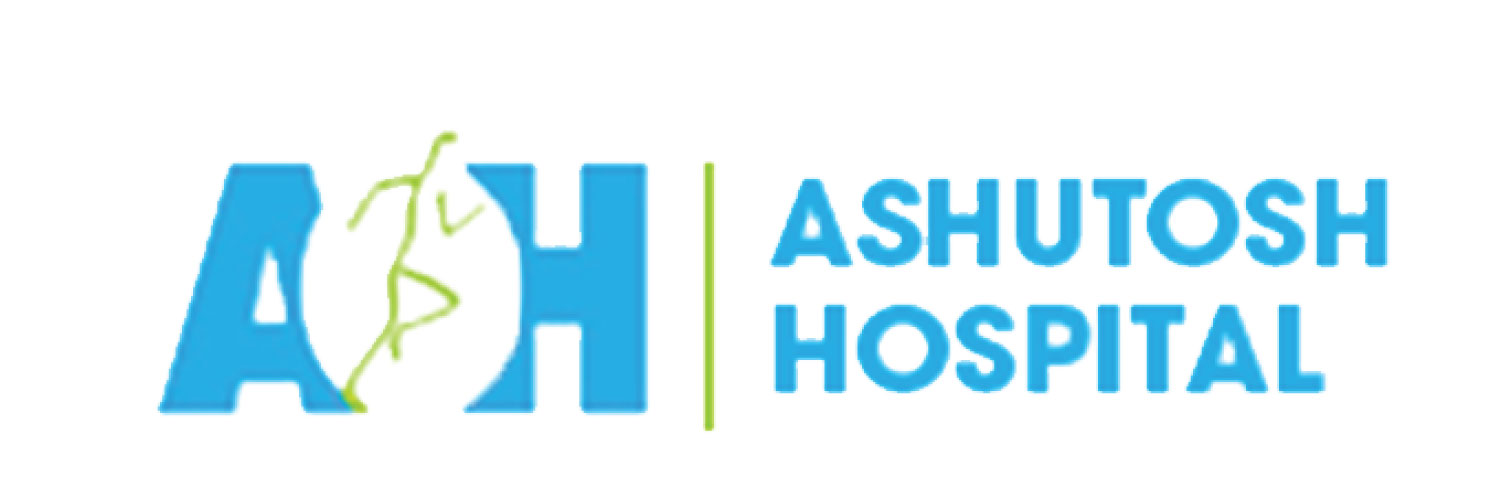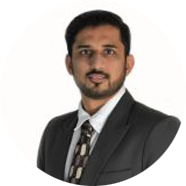Rotator cuff
Rotator cuff are a group of muscles around the shoulder. They are extremely important and attach the Shoulder bones with each other. The main function of rotator cuff is to keep the arm in the shoulder socket.
Four Muscles constitute the rotator cuff. The Sub scapularis in he front, The supraspinatous on the top, the tendon of infraspinatus and Teris minor behind. There is a lubricating Bursa between these tendons which allow free gliding of the tendons over the bones.
Injuries to Rotator Cuff:
Rotator cuff injuries are common especially in two age groups
1) The young active group which deal in sporting activities.
2) the elderly who have weak tendons and are prone to injury by Trivial trauma.
Acute Tear
If you fall down on your outstretched arm or lift something heavy with a jerking motion, you can tear your rotator cuff. It can also occur with other injuries around the shoulder like a broken collarbone or a shoulder dislocation.
Degenerative dare:
In the ageing population there is wearing down of these tendons which occur slowly over a period of time . The main factors for the degeneration are repeatitive stress, lack of blood supply and Bony Spuring of the bones in the shoulder joint. These tears can occur with trivial trauma and maybe associated with previous Shoulder pain.
Symptoms
The most common symptoms are:
- pain when you try to Initiate lifting moment or try to lower your arm.
- Weakness in rotating your arm.
- Pain at night particularly when lying on the affected shoulder.
- Occasionally you may hear crepitus or Crackling sounds when you’re moving your shoulder.
Types of rotator cuff tear:
There are mainly two types of tear.
Partial tear: this type of tear is an incomplete tear. There is damage to the tendon but there is some continuity still left
Full thickness tear: Whenever there is a complete separation of the tendon it is called a full thickness tear
TREATMENT :
Partial thickness tear can be treated with good Physiotherapy and rehabilitation. If the symptoms improve then rotator cuff strengthening exercises will benefit the Shoulder.
For Patients with full thickness tear and patients who are symptomatic after physiotherapy rehabilitation , Arthroscopic Rotator Cuff repair remains the best option.
Arthroscopy is a keyhole surgery and repair of these tendons can be done with minimal blood loss. As compared to Open surgery the Rehabilitation time is shorter and there is no tissue damage.
Rehabilitation after Surgery:
Usually Patients start their elbow and wrist movements immediately and shoulder movements after 2-3weeks. By the end of 3months most patients get back to almost full range of shoulder activity.
At Ashutosh Hospital, we have a dedicated Arthroscopy team which is highly skilled and performs Arthroscopic surgeries on the knee and shoulder. We do about 10 shoulder and 15 knee arthroscopies is in a month.
Our class hundred modular operation theatre ensures zero infection rate and highly efficient surgical procedure.





